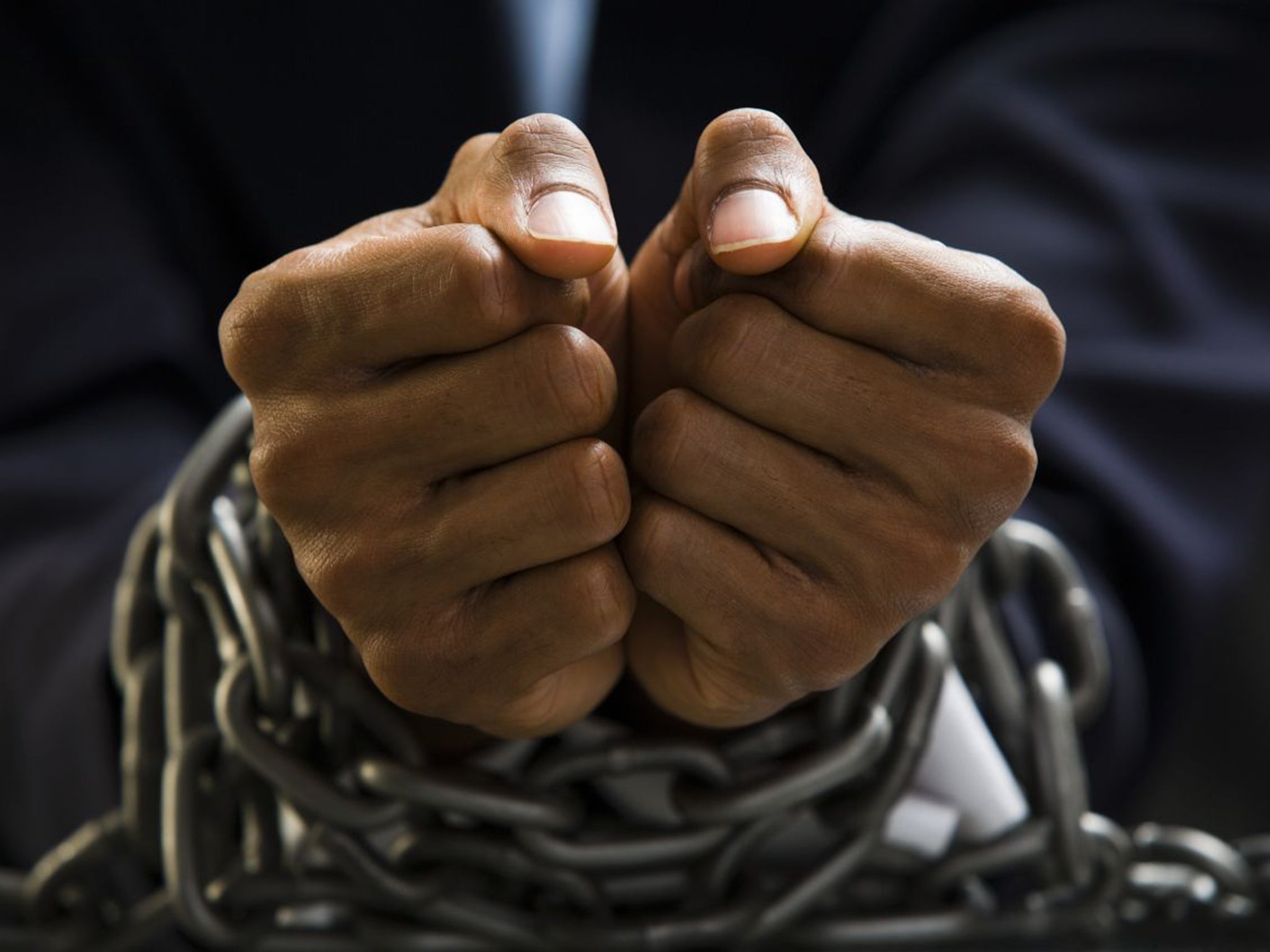Britain condemns torture, but it 'picks the fruit'

Your support helps us to tell the story
From reproductive rights to climate change to Big Tech, The Independent is on the ground when the story is developing. Whether it's investigating the financials of Elon Musk's pro-Trump PAC or producing our latest documentary, 'The A Word', which shines a light on the American women fighting for reproductive rights, we know how important it is to parse out the facts from the messaging.
At such a critical moment in US history, we need reporters on the ground. Your donation allows us to keep sending journalists to speak to both sides of the story.
The Independent is trusted by Americans across the entire political spectrum. And unlike many other quality news outlets, we choose not to lock Americans out of our reporting and analysis with paywalls. We believe quality journalism should be available to everyone, paid for by those who can afford it.
Your support makes all the difference.Politicians queue up to tell us how much they disapprove of torture. "We don't do it, we don't condone it, and we don't ask others to do it" is the mantra. The problem is that there's a large grey area.
Some of our allies (quite apart from the Americans) are less squeamish about human rights than our upstanding MPs. They have no problem with beating up suspects and listening to what they have to say. So what do our high-minded politicians (and security officials) say when the torturers pass on something they believe to be true, that may have been the result of a severe beating, for example? If it saves lives, there's a strong case for acting on it, surely, but everyone agrees that the "ticking bomb" scenario, whereby only torturing someone will elicit the information that would prevent a bomb exploding, is extremely rare.
That is presumably why it was announced last week that the parliamentary Intelligence and Security Committee is to investigate whether Britain knowingly took information from detainees they knew or believed had been tortured. But don't we know this already? In 2009, Sir David Omand former Security and Intelligence Co-ordinator in the Cabinet Office, admitted there are "countries whose methods... we would not approve of" who we have to get on with. "We cannot afford to break these relationships because then we won't obtain intelligence support that we need to protect our own people," he said, before going on to explain how much we make clear our disapproval.
And there was strong evidence in the case of terror suspect Binyam Mohamed that not only did the British know he was being tortured, but were supplying questions for the Americans to ask him.
So the politician's mantra doesn't cover much, after all. Tony Peto QC, co-author of a book on rendition, calls them "weasel words". What the politicians should be asked is whether the British ever acquiesced in the suspected torture of someone and/or received information derived from it. When Craig Murray, Britain's former ambassador to Uzbekistan, tried to raise the alarm about the country's appalling human rights record, of which Britain appeared to be a beneficiary, he was told that, legally speaking, there was nothing wrong in receiving information derived from torture. Lawyers agree that "creating a market", or "welcoming" such information, or appearing to procure it, is another matter. But if officials believed the information to be life-saving, presumably they would welcome it, whether they made it obvious or not.
Which is not an entirely glorious position. One very senior former member of the Bush administration told The Independent on Sunday in 2010 that there was an understanding in the US that for domestic political reasons the British had to protest their innocence. Nonetheless, the source said: "Between 2002 and 2005 the UK was probably the most opportunistic partner of the US, picking the fruits of extraordinary rendition, torture and secret detention. Current CIA officers are quite bitter about this, saying that while they did all the dirty work, the UK sneakily sent questions and interrogators."
That was in the early years after 9/11. Has it all stopped now, or are these necessarily dirty areas best left to our betters? Attempts to reassure the public on either count have faltered. In 2007, Britain's torture watchdog, the ISC, concluded magisterially that Britain had not been involved in rendition, only to be proved wrong soon afterwards. The Gibson inquiry, set up by the Tories, ran into the sand and had to hand the difficult bits over to the ISC. The politicians claim lamely that they had legal cover, but if they have really thought this stuff through, they haven't yet explained it to the public.
This is about more than a few "did they know?" questions; it's a basic question about policy, morality and realpolitik. Your call, Prime Minister.
Join our commenting forum
Join thought-provoking conversations, follow other Independent readers and see their replies
Comments